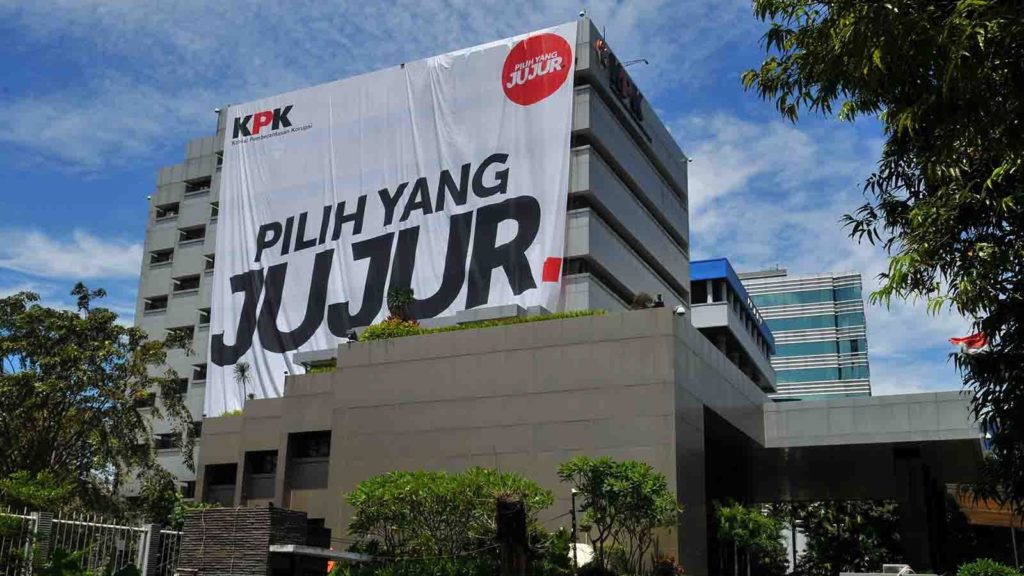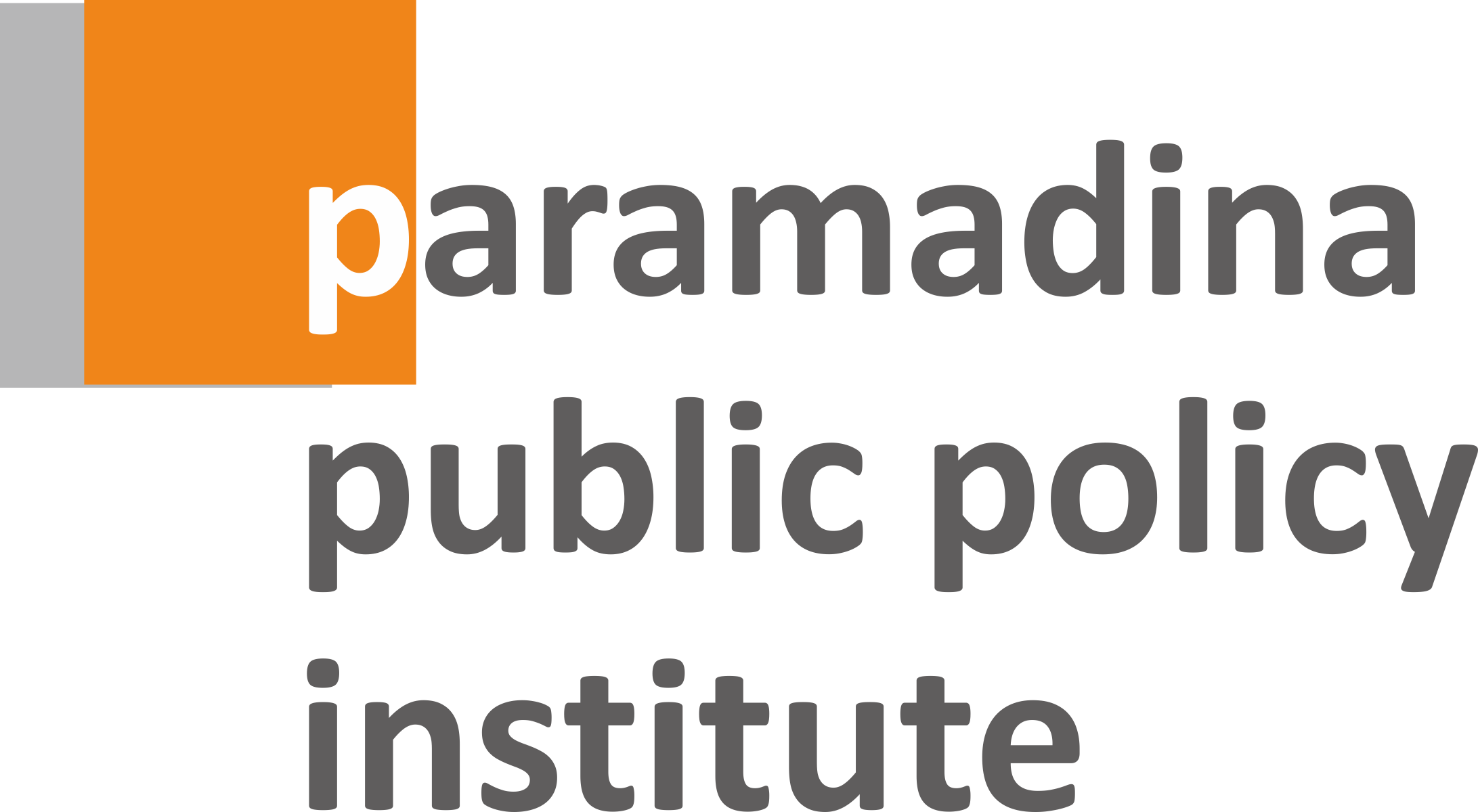
Ahmad Khoirul Umam, Gillian Whitehouse, Brian Head & Mohammed Adil Khan
Abstract
Anti-corruption became one of the top priorities in post-Soeharto Indonesia, with democratisation, market liberalisation and institutional anti-corruption frameworks pursued as means to enhance transparency and accountability in public governance. A core component of these efforts was the establishment of a powerful anti-corruption agency, the Corruption Eradication Commission (KPK). This article assesses the effectiveness of the KPK, using evidence from two contrasting cases to identify factors that facilitated or impeded its ability to successfully investigate, prosecute and thus contain high-level corruption. The analysis highlights the threats to the KPK posed by resilient networks that were able to reconsolidate and resist anti-corruption efforts in post-Soeharto Indonesia. However, it also identifies countervailing social forces that emerged in the context of democratisation – in particular, an active civil society and a largely free press. While these supportive pressures from civil society could not fully counter the attacks on the KPK, they were able to prevent its marginalisation in the two major cases examined. Overall the KPK’s success in addressing high-level corruption is shown to be dependent on the interaction of political dynamics, interests and power relations, with no guarantee that anti-corruption forces will prevail in future cases.
Keywords: corruption; anti-corruption agency; vested interests; civil society; democratisation; market liberalisation
